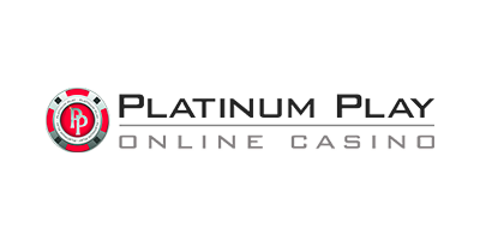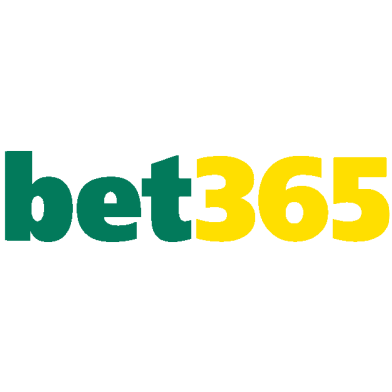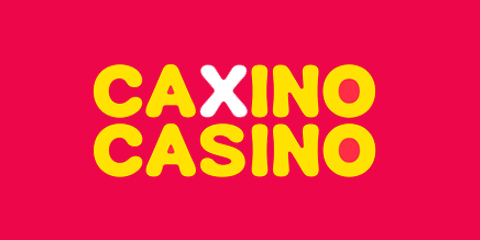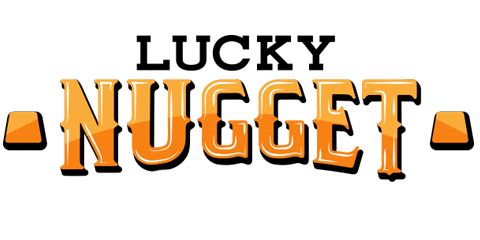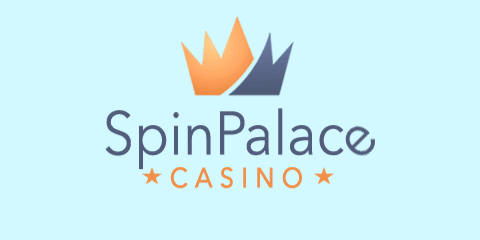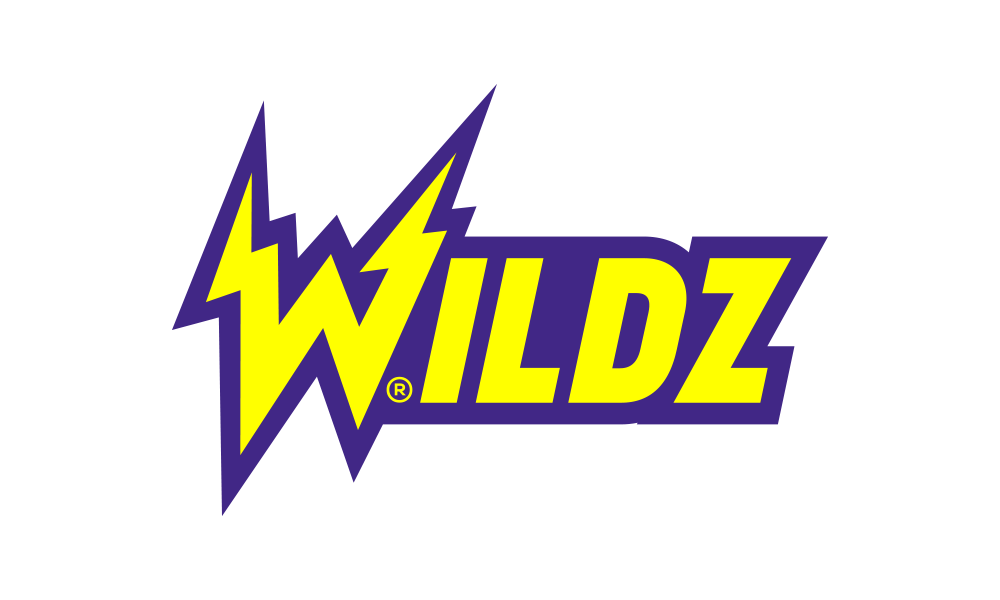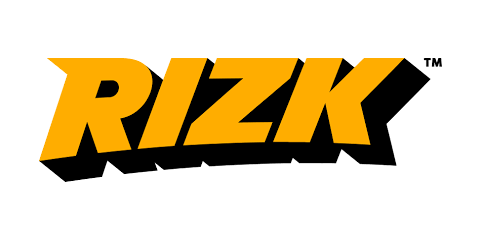Alexey Levinsky: "There is still no established sponsorship market in Russia"
- Alexey, what does your department do at Parimatch and what are your responsibilities?
- We mainly work on sponsorship as part of the marketing department. At the moment there are four people involved in this area: a specialist analyst, two managers and me, as a leader. One of the managers is responsible for working with clubs and the other with leagues and federations. We evaluate potential projects on the market, analyze their prospects and the feasibility of such cooperation for the company, both in terms of media indicators and in terms of specific earnings, revenue and other important metrics. In addition, we analyze the effectiveness of our current projects, that is, work with leagues and clubs, and track profits, revenue growth, media coverage indicators, etc.
- So the scope of work is quite wide. Is it too much of a burden?
- I'm sure it can be. There are times when we work hard, especially at the beginning and at the end of the sports season. This year, the tournament dates changed due to the pandemic, there were some major adjustments. The schedule is now tighter, there is a lot of work, but we manage it by prioritizing projects. Since there are not many events from February to April, during this period we usually plan projects for the upcoming season. The department communicates closely with clubs and federations, presents ideas that we will use to communicate with fans. We try to use all communication channels: online, offline and digital.
During this period, it has been possible to review projects that have not reached our hands before. We never have to set tasks for ourselves. We know that every six months there will be more and more projects, not necessarily large, but still, in quantitative terms, they are increasing. And everyone needs to be approached consciously and cuiVegas Palmsa and time will take care of it. It's not as simple as putting up a banner or a video in the stadium. We carry out a coordinated multichannel work with our clubs and leagues.
- What mechanisms do you use when evaluating your task? For example, when you have concluded an agreement with FC "Rostov", how would you evaluate the influx of new users? Are you looking for new user registrations?
- It's not as simple as that, it's more difficult for us as a department to weigh the effects we've had on the entire company. When we work with clubs and federations, we only estimate the growth of active players, defined as those who make their first deposits. We observed all the statistics during the entire period of cooperation. Offline and digital, quantitative and statistical indicators for each player can be easily calculated. For example, we track the activity of those customers who came through our marketing approach. We observe how the players behave: whether they continue to bet or not, we look at what they are betting on, we try to make a portrait of each person captured. This will give us an average audience profile for each club and each league.
- How was the effectiveness of the "Thank You doctors" campaign tracked?
- In the case of the “Thank You Doctors” campaign, we did not intend to get so many registrations and deposits. It was a charity initiative and we just wanted to pay our respects to the real heroes who were at the forefront of the fight against the pandemic. We understand that it is not entirely correct to work only to attract new players - you also need to think about the loyalty of the players you already have. An example of this is that we have free Wi-Fi in the stadiums (Unfortunately not everywhere, because not all clubs have the technical ability to implement it, but we are trying to get it).
We came up with an initiative and presented it to the management of the club, offering as a product placement words of gratitude instead of our logo. The idea achieved the support of the representatives of “Krylya Sovetov Samara”, while we did not limit ourselves to the match in which the players played in special T-shirts. Subsequently, we held a charity auction in cooperation with the “Zhivoi” foundation, where we sold the t-shirts in which the footballers played. All funds were donated to one of the Samara medical institutions. Therefore, this story may not have many new records, but this is not indicative of its general purpose.
There are other effective methods that we keep track of information about, where we focus on the best conversion rate. The target audience between campaigns is different: there are those aimed at the VIP segment, there are those aimed at middle-class fans, and then also at the main visitors to the stadiums. The mechanics of each segment is different. The VIP audience has a higher than average verification rate. We review the results during the winter holidays and at the end of the season. We calculate from each contract how many players we have got and what bets they make. Perhaps some were big winners, but this is not a critical issue in working with the club, just reality.
- And what exactly is the difference between fans and customers of FC "Rostov“ and FC ”Samara"?
- I would like to give as an example FC "Ural Yekaterinburg", which we also sponsor. The audience in Yekaterinburg and Samara, as well as Rostov, of course, differ in their approach to the brand. Brand loyalty shapes the behavior of the people who interact with us. For example, "Rostov" is a club with which we have been working for three seasons, and the fans are familiar with the brand and with our approach. For example, at crowded matches, colored cards are placed on the seats, and at a certain moment the fans pick them up, creating a beautiful visual design in the stands. The fans already know who is the promoter of this whole initiative. On the back of the poster, we can put offers for fans, make calendars or offer statistical information. In other words, we try to make sure that they don't throw away those posters after the game but take them with them as a souvenir.
The situation with FC "Ural" is somewhat different, since in Yekaterinburg attendance is lower, which means that brand loyalty is also lower. Local fans are interested in our approach: in the style of “I back you, you back me”. For example, interest in merchandising is very popular. We can give away a baseball cap, the fan registers, but that's it. More specifically, this happens, but the chances that you will pass the ID and make the first bet, are few. Due to the fact that in Samara and Rostov the introduction of our brand to the audience is much deeper. The more we work with the club, the more actively the fans participate in our initiatives and the more loyal they become to the brand.
- Is it true that long-term contracts with clubs are more profitable for your company than short-term ones?
- I'd say not necessarily. In fact, any project, and especially in football, is considered long-term. There are examples of unsuccessful cooperation, but it is not related to the duration of the project as such. Sometimes you can plan to work for two years, but during the first season you realize that the project “does not work out”. For example, the club does not fulfill its promises to attract fans. We are not interested in cases where people are pushed into the stadium for having a good image. The club must conduct systematic work to increase the audience.
All projects have a life cycle. After 5 years of working with a football club, the question arises... "what's next?"Even if the club constantly plays in the Russian Premier League and after years of our cooperation has had a good reputation, that question still remains. Although, the longer you work with a club, for example, as we do with “Rostov", the stronger the association that local fans of your brand will make with the club. It still cannot be said that long-term projects are always better than short-term ones.
- Are there any examples of failed tournaments in your experience?
- In 2018 we worked with the Beach Soccer Club World Cup. It was a good tournament, the matches were broadcast on the federal TV channel, besides the matches were played at a good time. But there were problems with attendance. We were ready to continue our cooperation, but the price went up significantly for reasons that are not entirely clear. We refused, and the project passed to one of our competitors.
The situation is similar to that of the Legends Cup. This is a good tournament, you can work with him every year. But valuations are falling, it is becoming less and less popular, and last year a scandal took place at the match between the Russian national team and the world national team. This creates a negative media background. Despite all this, we were not against continuing cooperation. We know the approximate cost of such a tournament; we can estimate the coverage of broadcasts and attendance at matches. When the amount is clearly higher than the potential benefit to the brand, we reject it. However, with large projects, such as major leagues and tournaments, we try to work with a view to the future and draw up contracts for a period of three years or more.
- Why do some tournament organizers overcharge?
- There is no established market yet, this is just my opinion, but my colleagues also agree. The price is the main problem. It will take about 5 more years for specific cases to appear and it will be understood how much it costs. Clubs that receive money from the state budget, especially regional ones, do not understand why we come to them with frivolous proposals (from their point of view).
There is a lot of public money in football, but little private money, hence the problems with prices. It is easier for clubs to place the logo of a state company on their coffers, even if the company does not need this placement.
As long as this kind of thing persists, it is not necessary to wait for a correct and adequate assessment of the commercial proposals. Bookmakers and (to a lesser extent) banks and the automotive sector, profit-seeking organizations, are trying to influence this. But clubs and leagues still don't get it. There are successful reverse examples, for example, when the parties order an independent valuation of their assets. This approach will take some time to become commonplace.
- So there's something wrong with state money, then?
- In my opinion, this is a double-edged sword. On the one hand, yes, but on the other, if he wasn't there, it's hard to imagine how many clubs would survive. As you know, an average "RPL" club needs at least a billion rubles to have a normal season. These are player transfers, team salaries, flights, accommodation, fees, etc. Will the clubs of our Premier League be able to find a billion rubles from business partners? This is not only the work of the clubs but also of the "RPL" itself, they need to work on making their brand more popular and on their business history. At the moment the TV rights of “RPL" do not cost so much money, since even the Turkish or Belgian leagues are more expensive.
- Is it difficult to implement your functions and integrate with clubs and federations?
- If they can see the benefit, then everything is usually fine. The approach of marketing companies is very different depending on who you work with. In some places it may be one person who is responsible for working with two or three sponsors, and therefore, being exposed to a large load, you may miss something.
Most clubs and leagues have a number of restrictions regarding possible activities. We have an end-to-end approach to every league we work with. They apply to the whole season and to almost all clubs. For example, in volleyball, we have a mechanic for interacting with fans both in stadiums and at home. A person opens public social networks and sees our offers. We came up with a similar proposal with the handball federation. We will do it with a maximum of five clubs because others do not have the necessary infrastructure to make it work, either because they have few fans in the stadiums or little activity on social networks.
We see how the approach is gradually improving. When we worked with ”Rostov" three years ago, and what we are doing now, the reactions and performance have only improved.
The same goes for Super League volleyball. We worked with them for a season, and at first it was difficult as the approval process was incredibly long. However, by the end of the first season, the partners became more aware of why we do certain things and why we ask for certain information, and things accelerated.
The situation is similar to FC "Krylya Sovetov". When the club helps us in the creation of projects and quickly responds to our requests, we are very pleased with the cooperation. I think even more progress can be made with them in the coming years.
- Dmitry Sergeev recently revealed that there is a long queue of bookmakers lined up at the RFU office in the fight for two powerful contracts. In the volleyball or handball federation the queues are the same?
- At the moment, this is not a threat. We have signed contracts with them for a long period, and the terms of the agreements include penalties if they are broken. Leagues cannot simply withdraw from contracts. At first, when we started working together, many assets were owned by competitors: "RPL”, “VTB United League”, "KHL". I don't know why at that time the Super League or the Handball Federation didn't have a partner coming from the bookmakers, but we reached an agreement with each of the leagues quite quickly. In addition, we have integrated our brand everywhere as a full partner.
We represent the Russian Volleyball Federation and also integrate the Parimatch logo into the emblem of the organization. In my opinion, the value of a logo is high if it is presented in many places. If this is "Parimatch MHL" and that's it, then it's quite a local story, because the Youth Hockey League is not the most popular competition in Russia. Whether we get into a wide variety of sports is another matter. Therefore, the integration should be on a large scale or it should not be at all. When we arrived at the sponsorship market and began to actively negotiate with potential partners, we were guided by this logic: to be aggressive, to ensure the maximum presence of the brand and thus increase its recognition and loyalty to fans of that sport.
- If you look at it from the point of view of the media, very few write the full official name of the tournament. How is the introduction of the trademark in the official title justified?
The media does not seek to do harm. Often a particular publication has an exclusive agreement with our competitor. In such cases, they are not allowed to use our name. We have agreed with the associated leagues and federations to send official letters to the media, which incorrectly name the tournaments without our brand. The letter contains a request to spell the names correctly with an attached document confirming our right to integrate the brand into the name of a particular competition. Is it justified? Of course.
There are media outlets that need motivation to write correctly, and we have those tools to try to do this. We already know that it is impossible to achieve 100% success with this, but we understood it from the very beginning.
If we look at the sponsorship of “Tinkoff” and “RPL”, we will notice that not all media outlets use the correct denomination. But this is probably not a media problem, but a problem of the "RPL" and a brand that does not prioritize this as it should. At the end of each round, we make a cut and upload a large media list, which we analyze for the correct use of naming. Then we contacted those who got it wrong. In case of systematic incorrect use of names, we propose sanctions when working with leagues. But in any case, the name of the company in the league nomenclature is an effective tool. Let's not forget about the broadcasts on federal channels, program schedules, announcements, etc., which means that during the match the fan learns that the league has a name.
- Does it mean that brand awareness continues to grow despite the media policy?
- Certainly. If we take the "RPL" into account, not everyone has yet realized that it is necessary to write "Tinkoff". If you remember, a similar situation was at the time of the RFPL sponsorship, the company was “Rosgosstrakh". At first, not everyone referred to the league as "Rosgosstrakh Russian Championship", but over time, the percentage of correct use of the full name grew.
- How did you get into the betting industry?
- I started in April 2018. Before that, I was not working in the betting industry but in the general digital sphere and ended up at "Parimatch". In fact, when I joined the marketing team I was in the process of training. Initially, I had to be responsible for all operations, driving traffic, sponsorship projects, working with bloggers, etc. This was the first stage of development for both me and the company.
Bookmakers worked efficiently during the 2018 World Cup and were able to significantly increase audience participation. We also achieved some good results, towards the end of that year the company began to expand. Last year was a big breakthrough for us, we signed with a lot of leagues, clubs and tournaments. For this, we needed a person with knowledge of the domestic market and understanding of this area. I had this knowledge and I agreed to do it. I don't regret anything.
The market is still being formed and the formats are being finalized. It is very interesting to see how the list of partners is expanding and the internal options we have with them. We monitor this and are looking for ways to become more technological and change the very concept of sponsorship as an offline source. We believe that this can be a tool to attract. For example, for the contract with FC "Krylya Sovetov“, we received the ”Marspo award". This implies that our management is very dynamic, rapidly developing and of great interest.
